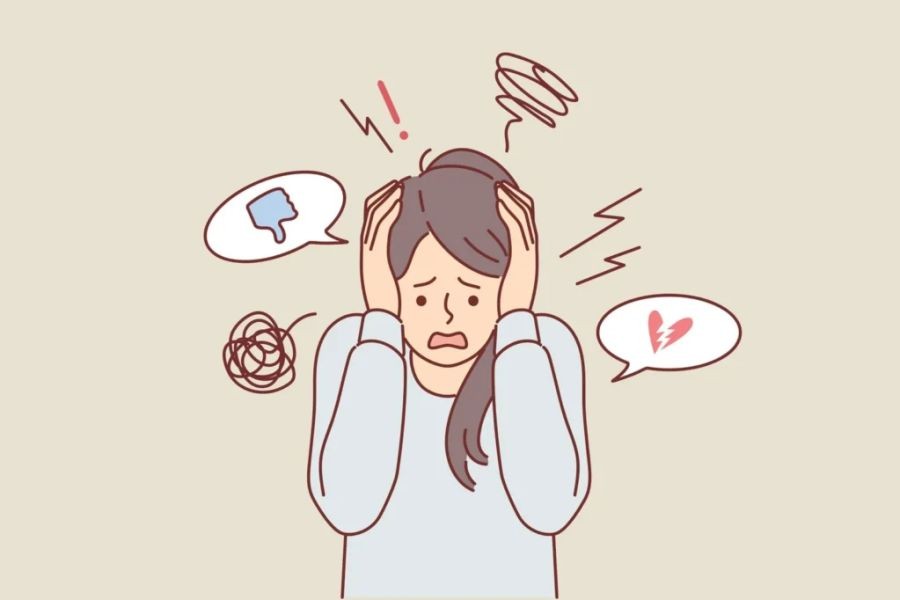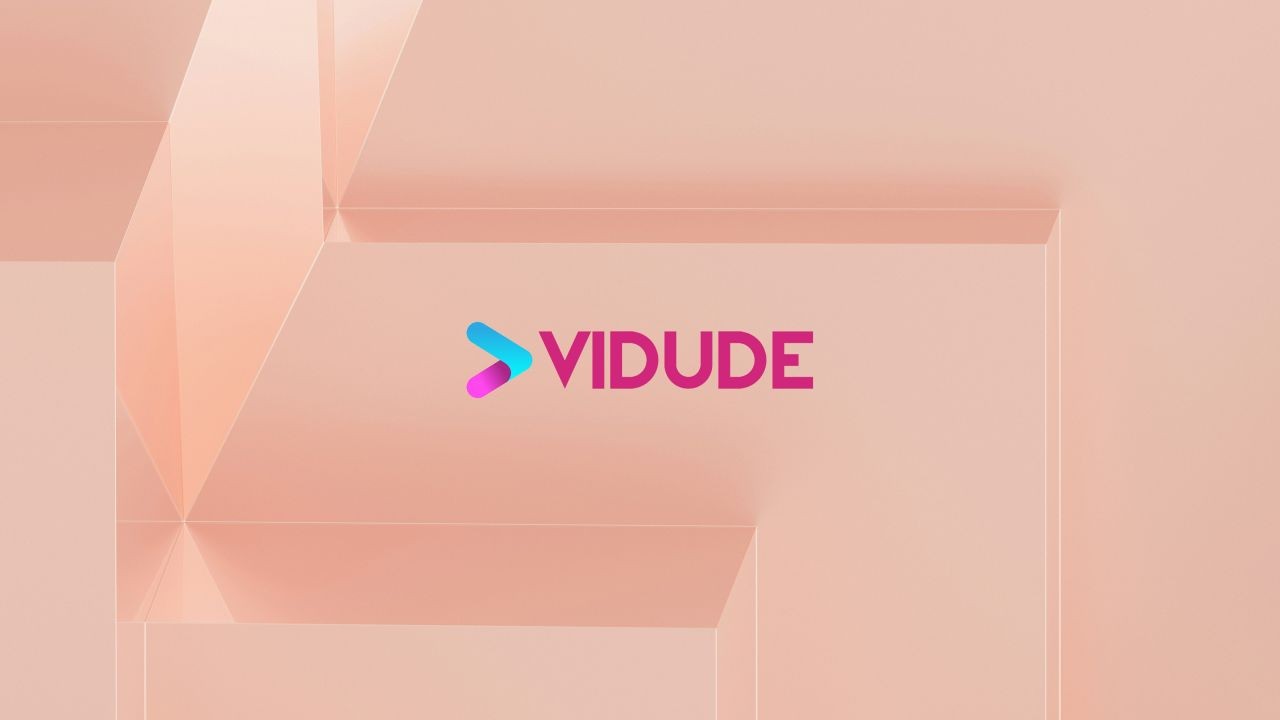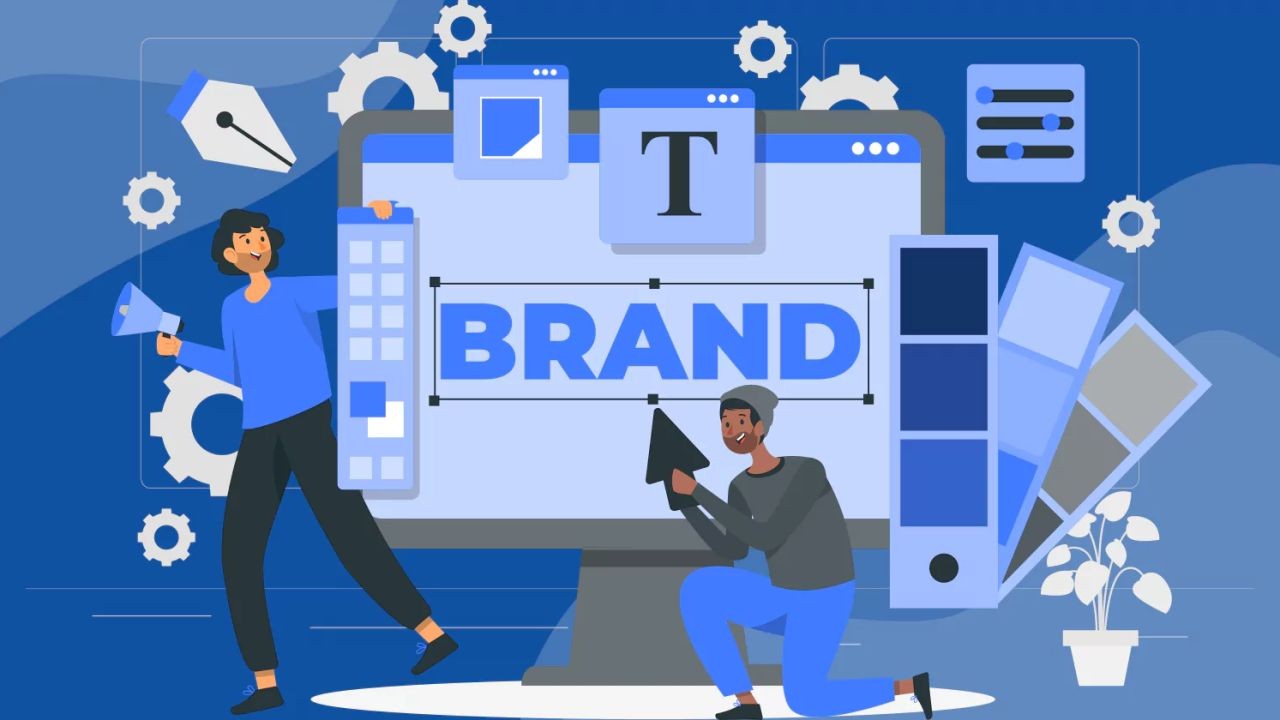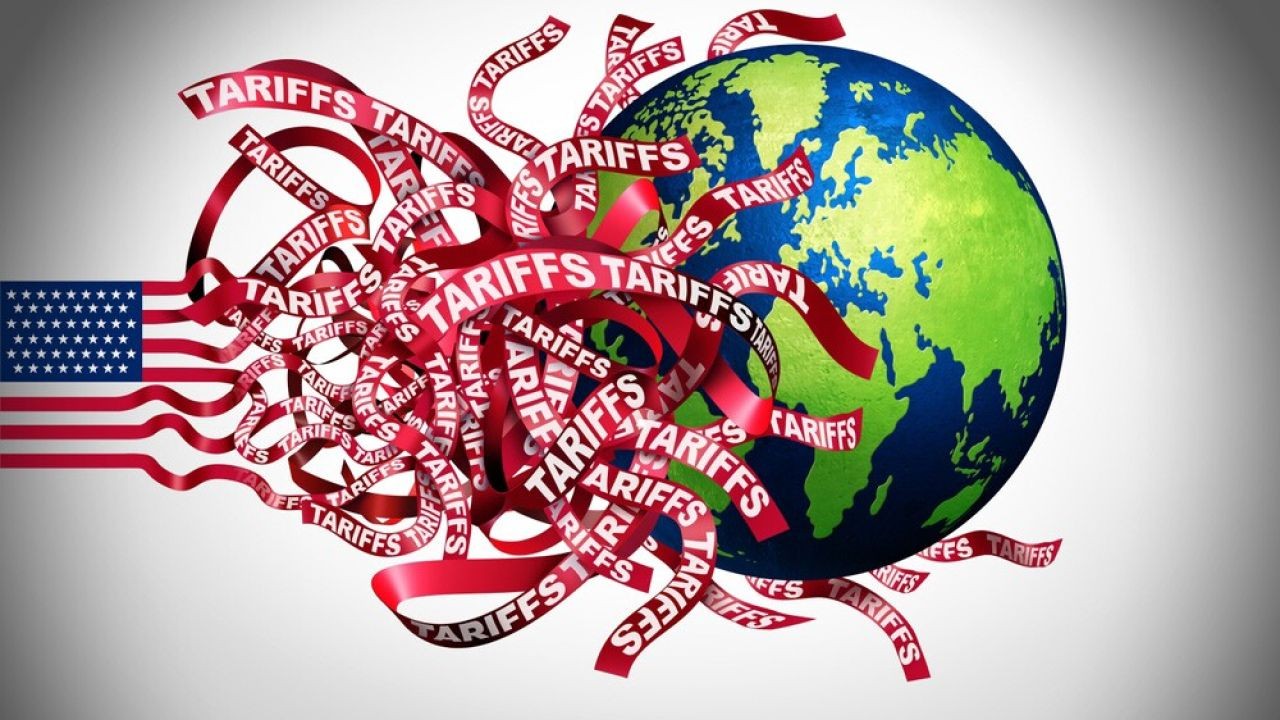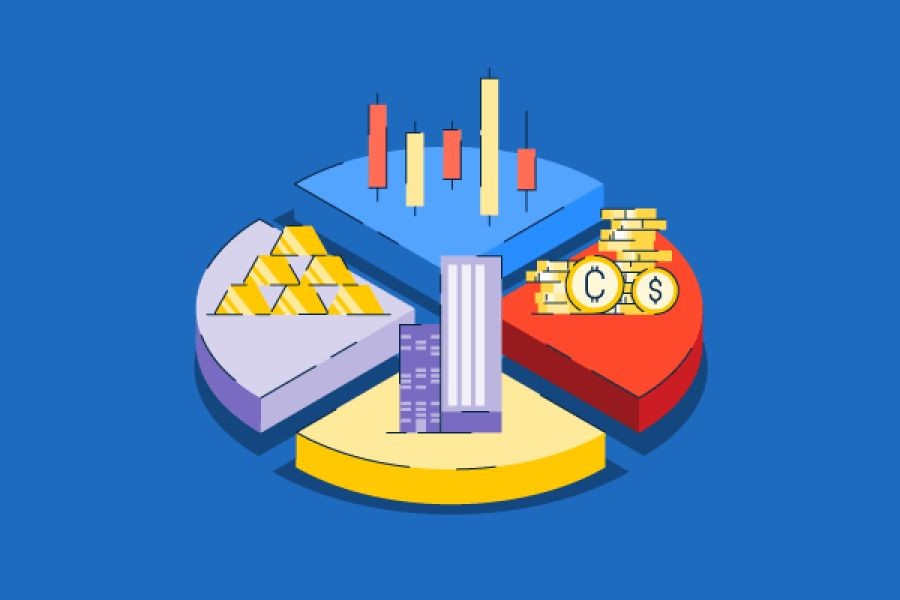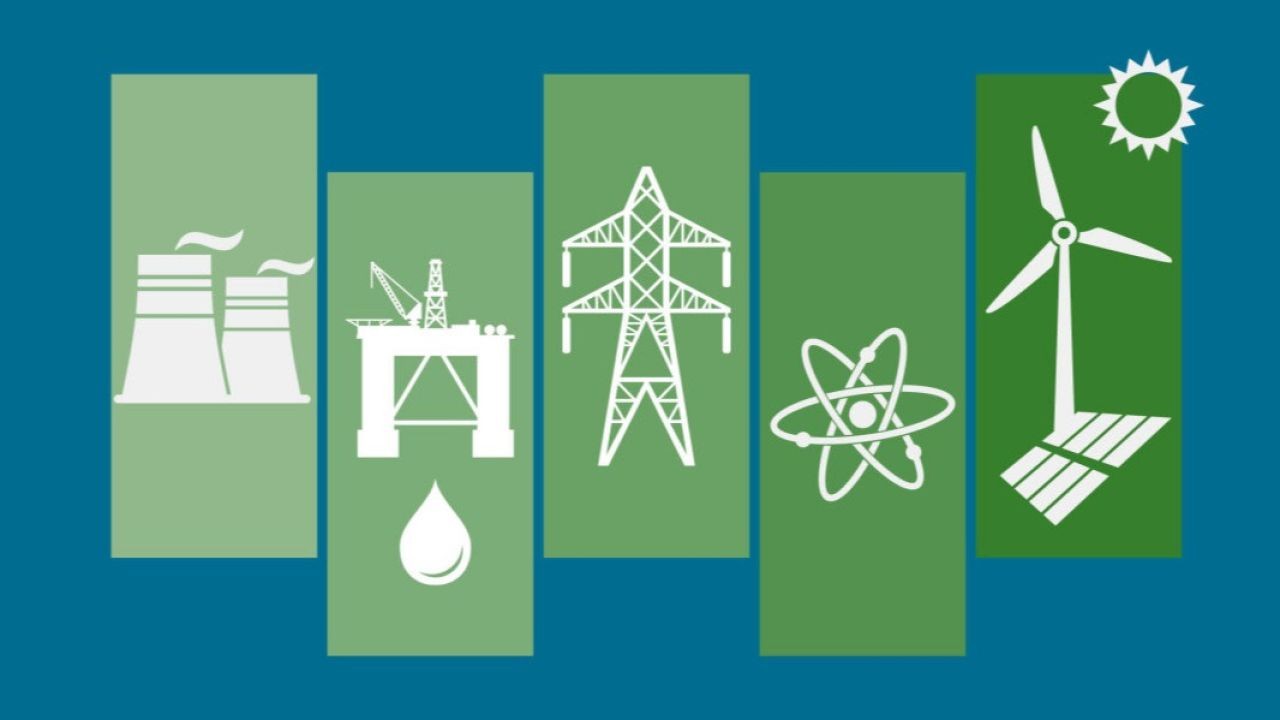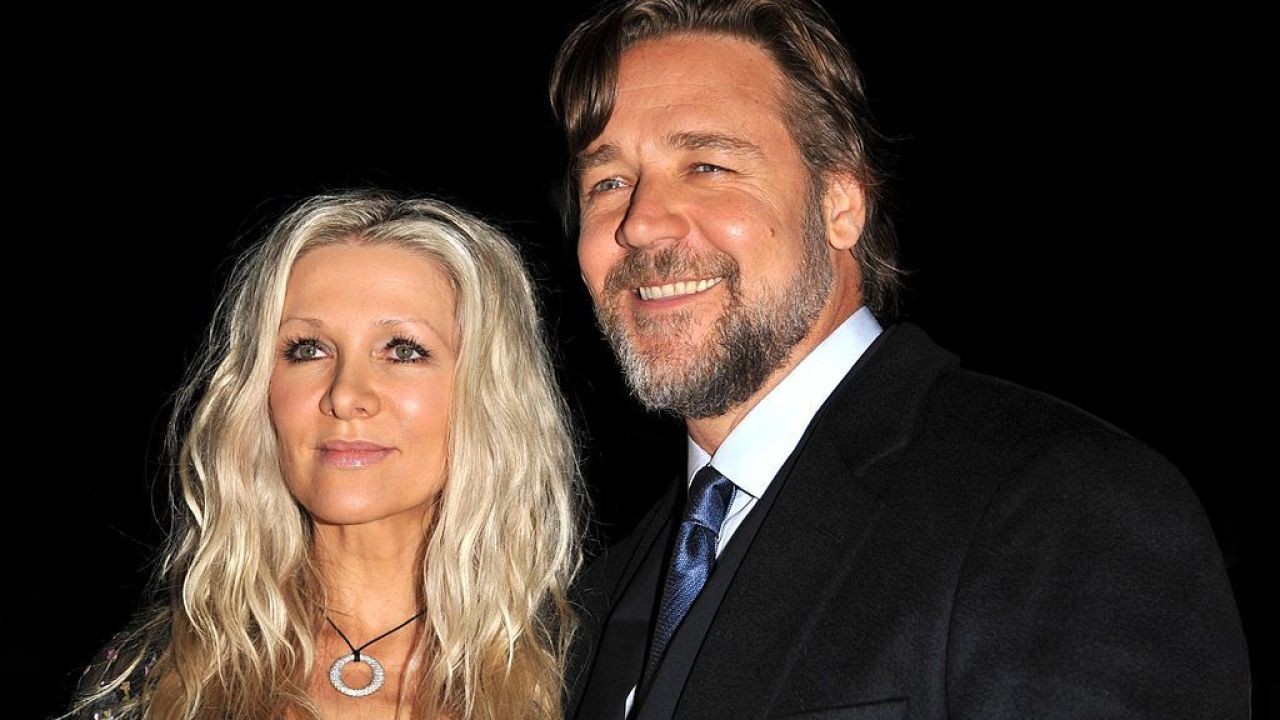With the rise of digital connectivity, social media has seamlessly integrated into our daily lives, offering countless benefits and opportunities. However, there's a growing concern that New Zealanders may be facing a new challenge—social media addiction. This phenomenon, characterized by excessive use of social media platforms, is raising questions about its impact on mental health, productivity, and society at large. Let's delve into whether social media addiction is becoming a serious problem in New Zealand, supported by data, expert insights, and real-world examples.
Understanding Social Media Addiction: A Deep Dive
The term "social media addiction" refers to the compulsive use of social media platforms to the detriment of other aspects of life. In New Zealand, where over 80% of the population actively uses social media, concerns about addiction are mounting. According to Stats NZ, the average Kiwi spends around 1.5 hours daily on social platforms, with younger demographics averaging even higher usage. This extensive engagement raises questions about its potential effects on mental health and overall well-being.
The Impact on Mental Health and Well-being
Research conducted by the University of Auckland highlights a correlation between excessive social media use and mental health issues such as anxiety, depression, and loneliness. New Zealand's Ministry of Health reports that young adults, who are the most active social media users, are increasingly seeking mental health services. This raises concerns about whether social media addiction is exacerbating mental health struggles among Kiwis.
Industry Insights: The Economic Implications
The economic impact of social media addiction extends beyond individual well-being. A study by the Reserve Bank of New Zealand indicates that decreased productivity due to social media overuse can potentially cost the economy millions annually. Furthermore, businesses are concerned about employees' productivity, as excessive social media use during work hours can lead to decreased efficiency and focus.
Case Study: New Zealand's Approach to Digital Well-being
In response to the growing concerns about social media addiction, the New Zealand government and private sector have initiated programs to promote digital well-being. The "Pause, Reflect, Reset" campaign, launched by the Ministry of Health, encourages users to take breaks from social media and engage in offline activities. This initiative aims to raise awareness about the potential risks of excessive social media use and promote a balanced digital lifestyle.
Another example is Spark New Zealand's "Phone-Free Friday" campaign, which encourages employees to disconnect from their devices for one day each week. This initiative not only highlights the company's commitment to employee well-being but also serves as a model for other businesses looking to address social media addiction in the workplace.
Debunking Common Myths About Social Media Addiction
- Myth: "Only young people are affected by social media addiction."
- Reality: While young adults are the most active users, studies show that older demographics are also experiencing addiction, with increasing reports of excessive use among middle-aged individuals.
- Myth: "Social media addiction isn't a real issue."
- Reality: Research from the University of Canterbury demonstrates that social media addiction can lead to significant mental health challenges, validating its seriousness.
- Myth: "Simply reducing screen time will solve the problem."
- Reality: Effective intervention requires comprehensive strategies, including education, policy changes, and support systems, rather than just reducing screen time.
Pros and Cons: Navigating the Social Media Landscape
Pros:
- Connectivity: Social media connects people across distances, fostering relationships and communities.
- Information Access: Provides immediate access to news, education, and diverse perspectives.
- Business Opportunities: Offers platforms for businesses to reach broader audiences and engage customers.
Cons:
- Mental Health Risks: Excessive use can contribute to anxiety, depression, and loneliness.
- Productivity Loss: Overuse can lead to decreased focus and productivity in workplaces.
- Privacy Concerns: Users' data and privacy are often at risk due to platform policies.
Looking Forward: The Future of Social Media in New Zealand
The trajectory of social media in New Zealand suggests a need for balance and regulation. Experts predict that by 2028, stricter policies regarding data privacy and usage limits will be implemented to safeguard users. Additionally, educational initiatives aimed at promoting digital literacy and healthy online habits are expected to become more prevalent.
Businesses and individuals alike must navigate this evolving landscape thoughtfully. Companies should consider implementing digital well-being programs, while individuals can benefit from setting boundaries and practicing mindful usage.
Conclusion: Taking Action for a Balanced Digital Life
Social media addiction is an emerging concern in New Zealand that demands attention and action. By understanding its impact, debunking myths, and implementing practical strategies, Kiwis can foster a healthier relationship with social media. Whether through governmental initiatives, corporate responsibility, or individual mindfulness, it's time to address the challenges and embrace the benefits of digital connectivity responsibly.
What's your perspective on social media addiction in New Zealand? Share your thoughts and experiences in the comments below!
People Also Ask
- How does social media addiction impact mental health in New Zealand?Excessive social media use is linked to increased anxiety and depression among young Kiwis, as reported by the Ministry of Health.
- What measures are being taken in New Zealand to address social media addiction?The "Pause, Reflect, Reset" campaign and corporate initiatives like Spark's "Phone-Free Friday" aim to promote digital well-being.
- Who is most affected by social media addiction in New Zealand?While youth are the primary users, middle-aged New Zealanders are increasingly experiencing the effects of social media addiction.
Related Search Queries
- Social media addiction statistics New Zealand
- Impact of social media on mental health NZ
- Digital well-being initiatives in New Zealand
- Social media usage trends in New Zealand
- Strategies to combat social media addiction







